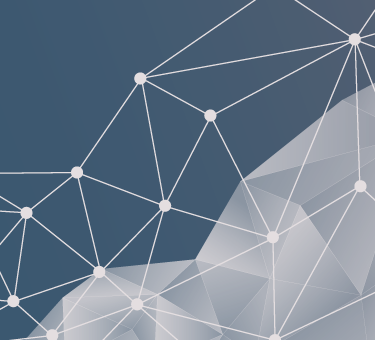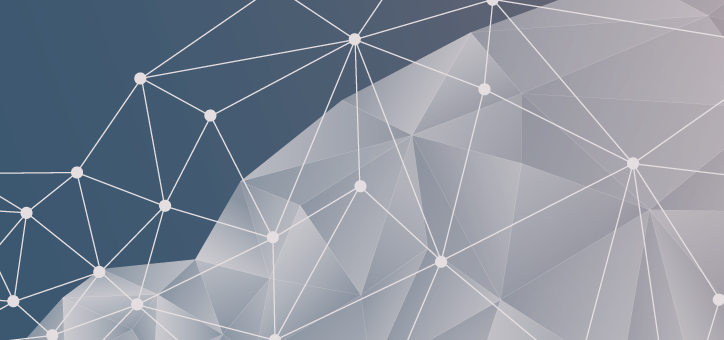



From the soundscape of Italian historical bells, to the influence of French operas on traditional Dutch music, European cultural heritage hides a goldmine of unknown encounters, influences and practices that can transport us to experience the past, understand the music we love, and imagine the soundtrack of our future. Polifonia will organise this journey by using ten pilot use cases as drivers, addressing preservation, management, study, and interaction with musical heritage. Polifonia makes this happen by building novel ways of inspecting, representing, and interacting with digital content. Memory institutions, scholars, and citizens will be able to navigate, explore, and discover multiple perspectives and stories about European Musical Heritage.

Polifonia, a new 3M€ project funded by the EU Horizon 2020 Programme will run for the next 40 months to recreate the connections between music, people, places and events from the sixteenth century to the modern-day. These findings will be available to everyone as an interconnected global database on the web and will enhance our understanding of European musical heritage.
With the help of Artificial Intelligence, Polifonia will analyse sounds, texts and musical scores to recreate the history of European musical heritage through people, events, languages, and places.
Polifonia will help scholars in studying how music changed and reacted to the social and political environment over the past six centuries, providing a vast resource to uncover these phenomena, systematically: a knowledge graph - a network of interconnected data from all the main musical heritage sources with one single point of access. The Polifonia consortium is an interdisciplinary team of passionate researchers and music lovers: computer scientists, anthropologists and ethnomusicologists, historians of music, linguists, musical heritage archivists, cataloguers and administrators, and creative professionals.